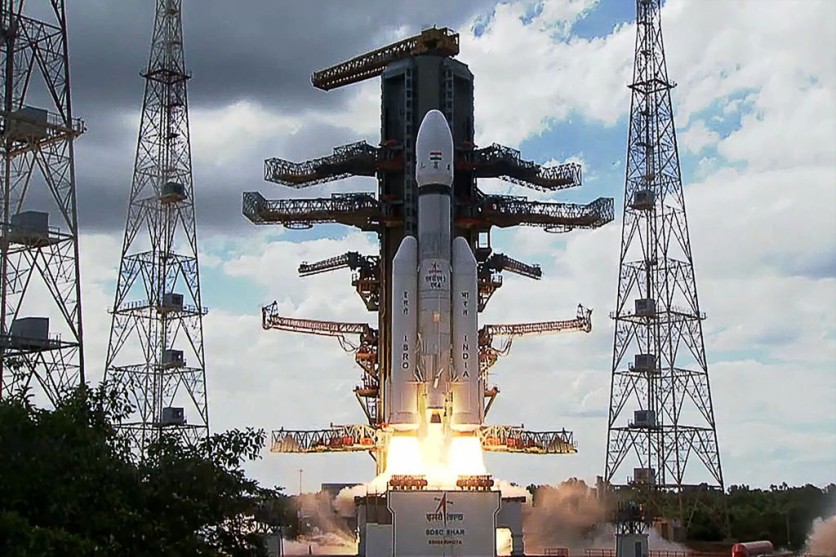The Indian Space Research Organization (ISRO) is gearing up for an action-packed year to solidify its position in the global space industry, with a minimum of 12 space missions planned for 2024 (via Nikkei Asia).
This ambitious agenda follows a remarkable 2023, during which India achieved milestones such as a historic moon landing and the successful deployment of the solar observatory Aditya-L1.

India Prepares for Gaganyaan Space Mission
The much-anticipated Gaganyaan mission, India's first crewed space flight, is at the forefront of ISRO's plans. The mission, which aims to place three astronauts in orbit 400 kilometers above Earth, represents a significant step forward for India's space exploration program.
Gaganyaan preparations are already in full swing, with an uncrewed test flight scheduled for later this year, paving the way for the main event, which is tentatively scheduled for 2025.
ISRO's Space Mission Lineup
The mission roster for 2024 is diverse and ambitious. The deployment of a humanoid robot named Vyomitra, a follow-up to the successful Mars orbiter mission of 2013-2014, and a mission to study Venus are among the projects in the works.
These endeavors demonstrate India's commitment to advancing its scientific prowess and expanding its planetary exploration footprint.
Asian Space Race
India's entry into space is not without competition, particularly from its regional rival, China. The Chinese space program aims to land humans on the moon by 2030, escalating Asia's space race.
In response, ISRO Chairman S. Somanath has set a lofty goal of at least 12 missions in 2024, with the possibility of exceeding that number depending on a variety of factors, such as hardware production and testing.
The Modi government has been quick to praise ISRO's accomplishments, highlighting the agency's decade of outstanding contributions to space exploration.
PM Modi congratulated #ISRO for the excellent performance of its #AdityaL1 and #Chandrayaan3 missions.#AdityaL1Mission pic.twitter.com/wL9v2BfUWS
— ISRO InSight (@ISROSight) January 7, 2024
Tweets from official government accounts highlight the successful landing of the Chandrayaan-3 spacecraft on the moon's south pole and the recent installation of the Aditya-L1 solar observatory at Lagrange Point 1.
The budget for space in India has more than doubled, demonstrating the government's commitment to fostering innovation in the sector.
Private Investments
ISRO's success has not only captured the nation's attention but has also sparked entrepreneurial interest, resulting in the establishment of approximately 190 space startups in India.
Private investments in these ventures increased by 77% between 2021 and 2022, reflecting the country's growing confidence in its space capabilities.
Despite these accomplishments, India's share of the global space economy remains low at 2%. According to McKinsey, the total global space economy is $447 billion, making India's target of 8% by 2033 and 15% by 2047 an ambitious but necessary goal.
Plans are in the works to build a supportive ecosystem allowing entrepreneurs to leverage local resources and infrastructure to grow their space-related businesses.
ISRO is set to launch a satellite under a joint project with NASA, one of six Polar Satellite Launch Vehicle missions planned for 2024, in a move signaling international collaboration.
Stay posted here at Tech Times.

ⓒ 2025 TECHTIMES.com All rights reserved. Do not reproduce without permission.




